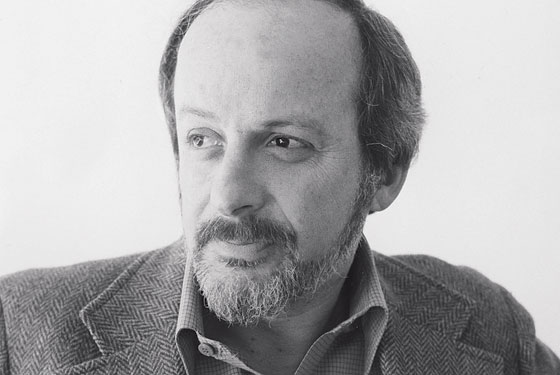Quotable: E.L. Doctorow

I had just finished my fiction workshop last week when I learned that Christopher Dorner, the former LAPD officer who was sought in connection with the murder and attempted murder of fellow officers, had been found. In Los Angeles that week, Dorner was the subject of intense debate, especially after the release of his manifesto, in which he alleged that the LAPD used excessive force during arrests and that he’d been fired when he reported it. Although the LAPD denied the use of excessive force, its claim was undermined by the fact that officers opened fire on a mother and daughter who were delivering newspapers, and on one man who was on his way to surf. Dorner was eventually found in a cabin in Big Bear, leading to a stand off during which he took his own life and/or was burned to death, depending on whom you believe.
The Dorner saga made me think about Coalhouse Walker, the pianist in E.L. Doctorow’s Ragtime. After a group of firemen vandalize his car, Walker seeks revenge by bombing fire stations in and around the town of New Rochelle. He sends letters to newspapers that read, “I want the fire chief turned over to my justice.” Like Dorner, Walker is the target of a statewide manhunt and a subject of curiosity and speculation.
It was widely reported when he was achieving his notoriety that Coalhouse Walker had never exhausted the peaceful and legal means of redress before taking the law in his own hands. This is not entirely true. He went to see three different attorneys recommended by Father. In all cases they refused to represent him. He was advised to recover his automobile before it was totally wrecked and to forget the matter. To all three he insisted that he didn’t want to forget the matter but to bring suit against the Fire Chief and men of the Emerald Isle Engine.
It is known too that Coalhouse made a preliminary attempt to see the matter through as his own counsel. He had filed a complaint but did not know how to go about getting a place on the court calendar or what steps had to be taken to assure that it was correct in form in order to be heard. He appeared at City Hall for an interview with the office of the County Clerk. It was suggested that he return another day when there was less pressing business in the office. But he persisted and was then told that his complaint was not on file and that several weeks would be required to trace it. Come back then, the clerk told him. Instead he went to the police station where he had originally filed and wrote out a second complaint. The policemen on duty regarded him with amazement. An older officer took him aside and confided to him that he was probably filing in vain since the volunteer fire companies were not municipal employees and therefore did not come under the jurisdiction of the city. The contemptuousness of this logic did not escape Coalhouse but he chose not to argue with it. He signed his complaint and left and heard laughter behind him as he walked out the door.
All this happened over a period of two to three weeks. Later, when the name Coalhouse Walker came to symbolize murder and arson, these earlier attempts to find redress no longer mattered. Even at this date we can’t condone the mayhem done in his cause but it is important to know the truth insofar as that is possible.
Perhaps Dorner will appear someday as a character in a novel. But, since this is Los Angeles, he’ll probably end up on film first.
Photo credit: Jerry Bauer.